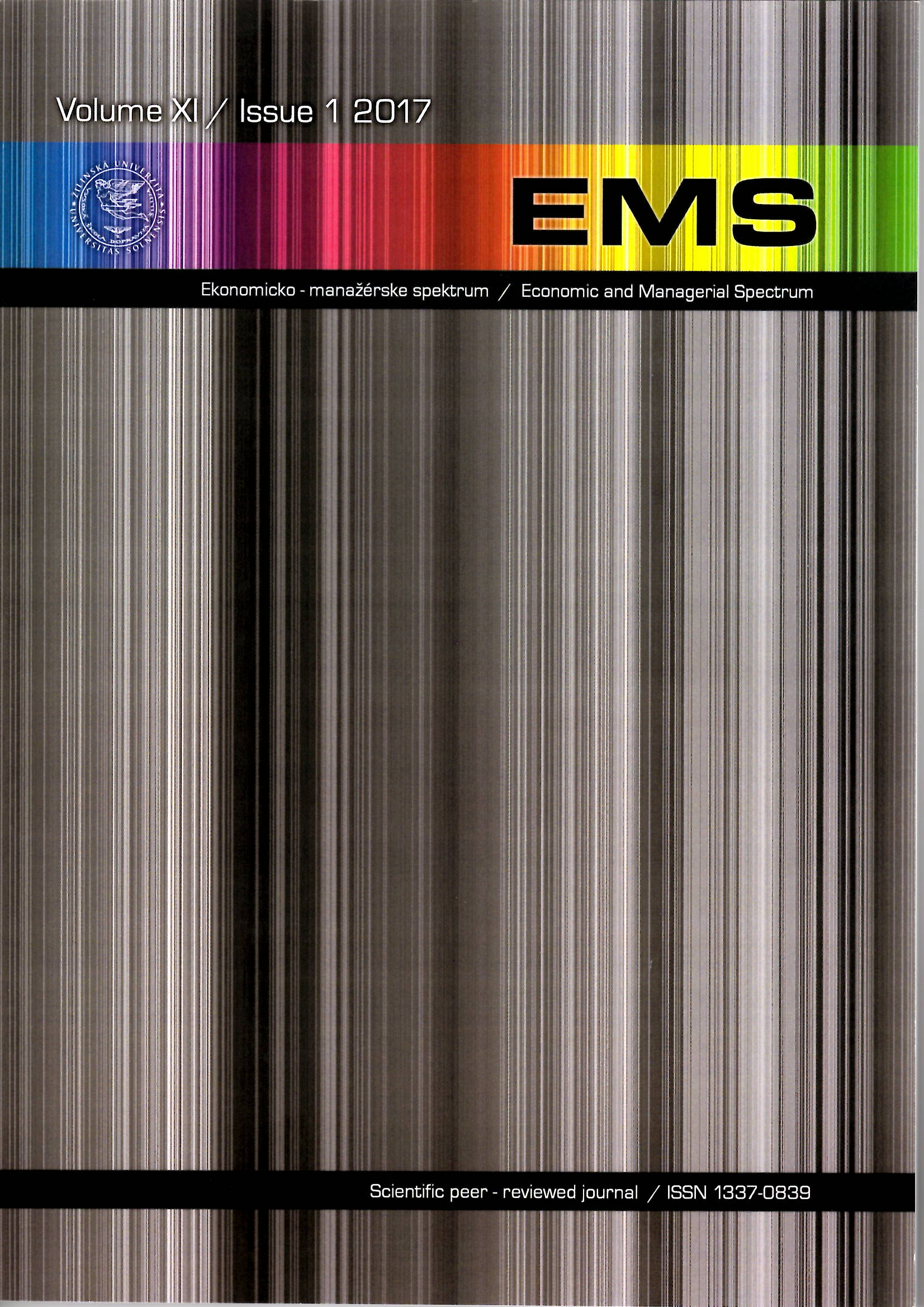SUSTAINABLE DEVELOPMENT IN “THE LIGHT AND SHADOW” OF GLOBALIZATION
SUSTAINABLE DEVELOPMENT IN “THE LIGHT AND SHADOW” OF GLOBALIZATION
Author(s): Olga Regnerová, Marta RegnerováSubject(s): National Economy, Supranational / Global Economy, Energy and Environmental Studies, Globalization
Published by: Žilinska univerzita v Žiline, Fakulta prevádzky a ekonomiky dopravy a spojov, Katedra ekonomiky
Keywords: Globalization;sustainable development;production chain;production;waste;
Summary/Abstract: Nature needed millions of years to create coal reserves corresponding to one-year global consumption. Contemporary transport, production and households can quickly absorb the oil reserves that have been created in nature for millions of years. The vast majority of countries have signed up to the principles of sustainability of life on Earth (sustainable development) at the 1992 World Summit on the Earth Summit in Rio de Janeiro. This meant that human society either has to start to regulate production and consumption effectively, or be ready for an imminent catastrophe. The European Parliament later defined sustainable development as follows: "Sustainable development means improving the standard of living and well-being of people within the limits of ecosystem capacity while preserving natural values and biodiversity for present and future generations." (European Parliament and Council Regulations 2493/2000 and 2494 / 2000). It can be said simply that sustainable development will be ensured by a society that only uses increments, it will take care of minimizing emissions of pollutants, and it will not leave non-mineralized or non-immobilized waste in the environment. Sustainable development = Consumption only + Emission minimization + No non-mineralized waste. Sustainability can therefore be achieved by replacing non-renewable energy sources. Consumption of water, food, building materials and consumer goods per person is today ten to thirty times higher than at the beginning of human existence (Odpad je Energie, 2016). Most people have a living goal to live well and not to save energy or produce less waste. Waste production is linked to the existence of every company even in a globalized world. Experience with advanced waste management states shows that the growth of waste can be stabilized. Experience also shows that functional protection of the environment can be found from human influence on nature. The article shows in three concrete examples that the Czech Republic also focuses on the utilization and treatment of waste in practice and it restricts the growth of its production also from the point of view of scientific research international cooperation.
Journal: Ekonomicko-manazerske spektrum
- Issue Year: 11/2017
- Issue No: 1
- Page Range: 2-12
- Page Count: 11
- Language: English

